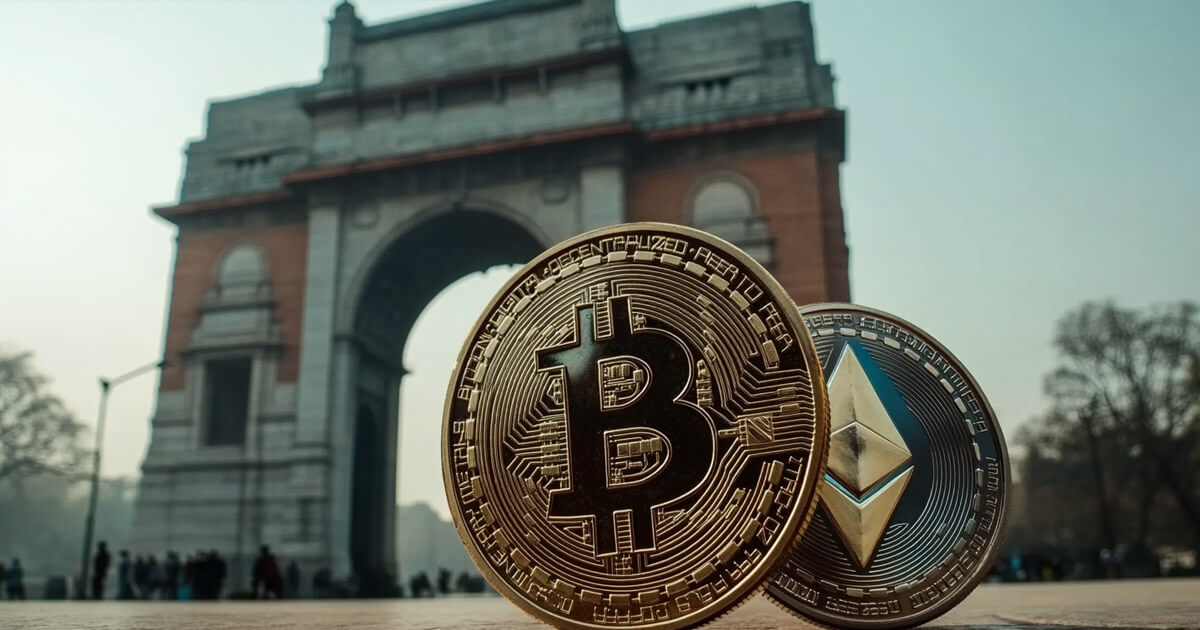

Indian regulators are considering banning private cryptocurrencies such as Bitcoin, favoring the potential of central bank digital currencies (CBDCs) to provide safer and more inclusive financial systems, according to local media reports.
The government has consulted key institutions on this issue, and many are in favor of banning private cryptos. They emphasize that all potential benefits, such as ease of benefit transfer, can be achieved with the country’s digital rupee, the report said.
An official told reporters anonymously:
“CBDCs can do what private cryptocurrencies claim to do, but with much less risk.”
They also stated that stablecoins – cryptocurrencies linked to assets such as gold – are not as safe as commonly thought. The news comes despite India’s position as a global leader in crypto adoption.
Preference for CBDCs
The discussions come ahead of a planned government discussion paper, with regulators emphasizing that the risks of cryptocurrencies, including stablecoins, outweigh the benefits.
India, which as part of the G20 has endorsed the 2023 synthesis document of the International Monetary Fund (IMF) and the Financial Stability Board (FSB) on crypto regulation, could take an even stricter approach. While the synthesis document supports minimal regulation, it allows countries to impose stricter measures, including a total ban on private digital currencies.
Officials calling for a ban argue that blockchain, the technology behind cryptocurrencies, could still be used for other socially useful purposes. They cited blockchain’s potential applications in tokenizing government securities, providing credit to underserved communities, and targeting subsidies more effectively.
In recent remarks, Reserve Bank of India (RBI) Governor Shaktikanta Das praised the programmability of CBDCs, which he said could play a crucial role in financial inclusion.
He said during a recent speech:
“CBDCs can ensure that money reaches its intended recipients without leakage.”
India’s CBDC, the digital rupee, was launched in the wholesale segment in November 2022, followed by a retail pilot in December the same year.
Since then, the retail initiative has grown to more than 5 million users and 16 participating banks. State Bank of India (SBI) has also explored the use of CBDC among tenant farmers in Odisha and Andhra Pradesh, offering targeted loans for agricultural purposes.
Officials believe that the digital rupee holds great promise not only for domestic financial transactions but also for international payments. The government plans to gradually expand its CBDC pilot programs after assessing performance data.
While the final decision on banning private cryptocurrencies has not yet been made, India’s growing support for the digital rupee signals a strong preference for central bank-controlled digital currencies over decentralized alternatives.







Leave a Reply